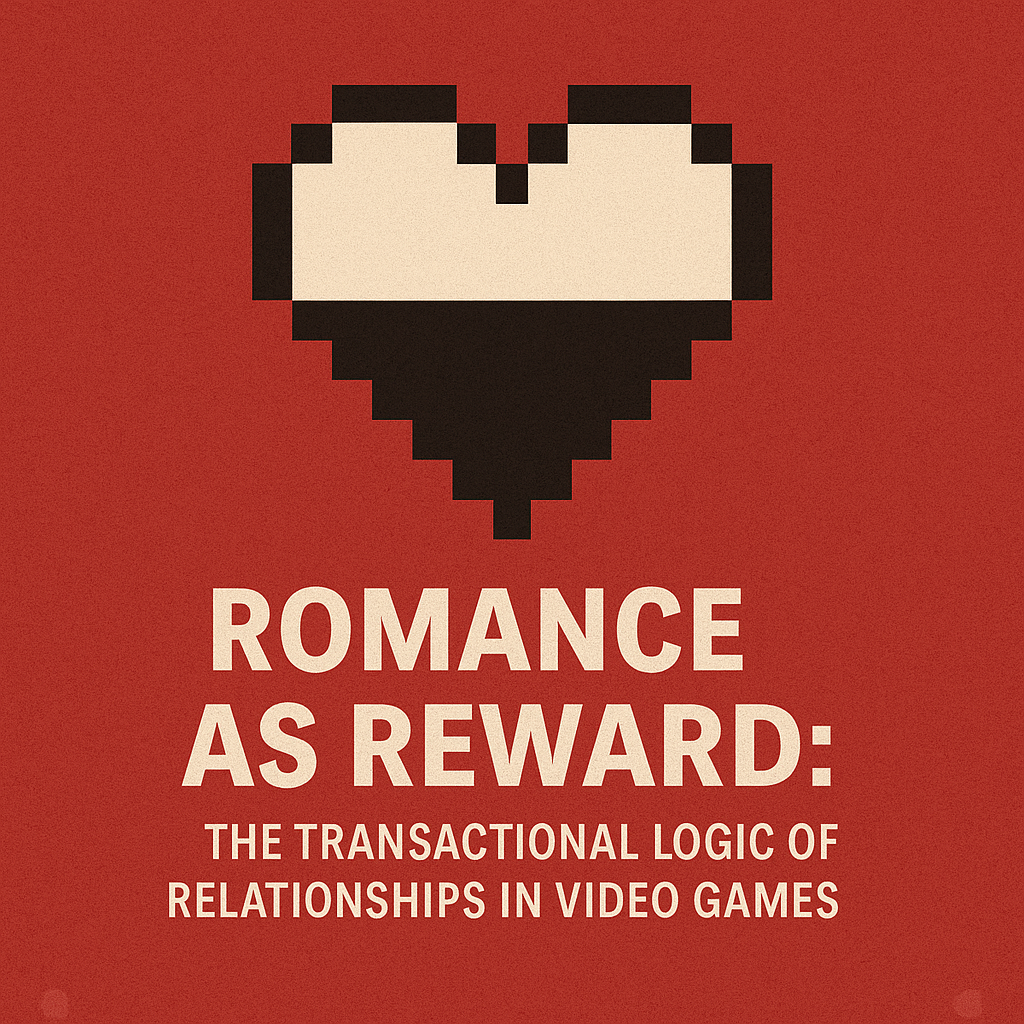From Destruction to Creation: Exploring the Psychological Dynamics in Videogames
Video games have long captivated us with their immersive worlds and exhilarating challenges. We often view them simply as entertainment, a digital escape. Yet, beneath the surface of explosive combat and collapsing structures lies a profound psychological dynamic: the unexpected pathway from destruction to creation. This article delves into the intriguing theory of how the very act of dismantling virtual worlds can paradoxically unlock our creativity, foster personal growth, and offer unique avenues for self-expression.
The Cathartic Roar: When Destruction Becomes Release
At first glance, the pervasive element of destruction in many video games – from obliterating enemy forces to demolishing virtual landscapes – might seem purely aggressive. However, psychological research offers a more nuanced perspective, suggesting that engaging in virtual destruction can provide a powerful cathartic release.
Think of the sheer exhilaration of smashing through obstacles, tearing down buildings, or decisively defeating a formidable foe. Catharsis Theory posits that channeling aggressive impulses or built-up tension into a safe, controlled environment can serve as a release valve for negative emotions. In the digital playground, players can direct their frustrations, stress, or even pent-up anger into the virtual world. This isn't about promoting real-world aggression; rather, it's about providing a safe and controlled outlet for expression. This virtual demolition can lead to a tangible sense of relief and mental lightness, contributing positively to a player's overall well-being. It's the psychological equivalent of blowing off steam, but within a structured and often entertaining framework.
Furthermore, the very act of destruction within games can be incredibly engaging, often inducing a state of flow. Coined by psychologist Mihaly Csikszentmihalyi, flow describes that optimal state of intense concentration and complete absorption in an activity, where one loses track of time and self-consciousness. The focused intensity required for strategic destruction, the immediate feedback of collapsing structures, or the satisfying explosion of an enemy base can deeply immerse players. This state of flow, with its heightened focus and sense of control, isn't just enjoyable; it's a fertile ground for the mind, paving the way for new ideas to emerge and novel solutions to unforeseen challenges. The creative spark, paradoxically, can be ignited within the very act of tearing down.
Beyond Demolition: The Psychology of Transformation and Reinvention
While destruction may appear to be the immediate objective in many games, it frequently serves as a crucial catalyst for transformation and reinvention. The digital debris left behind after a wave of destruction often creates a blank canvas, inviting players to rebuild, reshape, and author new narratives. This process of transformation carries significant psychological weight for players.
Building Narratives with Player Agency
Many contemporary video games transcend rigid storylines, granting players an unprecedented level of freedom and agency. Think of games where you can terraform landscapes, construct intricate bases, or even design entire civilizations. Here, the destruction of existing elements isn't an end in itself; it's a necessary precursor to creating something entirely new. Clearing a forest allows for a new city. Dismantling an old structure makes way for a grander design. This act of "clearing the path" for new possibilities empowers players with a profound sense of ownership over their experiences. This player agency fuels creativity, encouraging the construction of unique narratives and bespoke virtual worlds that reflect the player's personal vision. It's about taking chaos and imposing order, making something personal from the remnants.
The Architect of Solutions: Problem-Solving Through Deconstruction
Video games are inherently designed as a series of challenges, and often, solving these challenges involves a form of strategic destruction. Players might need to dismantle barriers to reveal hidden pathways, deconstruct complex puzzles piece by piece, or strategically eliminate obstacles to progress. This iterative process of confronting and overcoming through intelligent demolition sharpens a variety of critical cognitive skills:
Critical Thinking: Analyzing situations to determine the most effective way to dismantle a problem.
Spatial Awareness: Understanding how destruction impacts the surrounding environment and opens up new possibilities.
Adaptability: Adjusting strategies when initial destructive efforts don't yield the desired outcome.
These cognitive processes are the very foundation of creative problem-solving and innovation. By repeatedly engaging with scenarios where destruction is a necessary step towards a solution, players build a powerful mental toolkit that extends far beyond the game world.
Forging Identity in the Aftermath: Personal Growth and Exploration
Beyond the mechanics of gameplay, video games offer a unique psychological space for identity exploration and personal growth. The consequences of destruction, whether intended or accidental, can prompt players to reflect on their motivations, values, and the ripple effects of their actions within the game world.
Navigating through destructive events and their aftermath — perhaps rebuilding a community destroyed by a virtual conflict, or seeing the impact of a strategic decision — can foster introspection and self-discovery. Players might experiment with different roles, personalities, or moral stances within the game, observing how their "destructive" choices impact the evolving narrative and the virtual lives around them. This iterative process of experimentation, action, and consequence leads to a deeper understanding of themselves and their place, not just within the game world, but often echoing into their perception of the real one.
From Chaos to Cosmos: The Creative Power of Play
The psychological dynamics embedded within video games extend far beyond superficial entertainment. While destruction might initially seem at odds with creation, psychological theories reveal a profound, transformative potential within these experiences. Through the cathartic release of tension, the immersive focus of flow states, and the subsequent opportunities for rebuilding and reshaping, destruction in video games can truly become a pathway to creation.
By embracing this fascinating psychological interplay, players can tap into an unexpected wellspring of creativity, experience significant personal growth, and discover new avenues for self-expression within the vibrant and limitless virtual realm. As games continue to evolve, their capacity to challenge, engage, and ultimately inspire creation from what initially appears to be chaos will only continue to grow.






